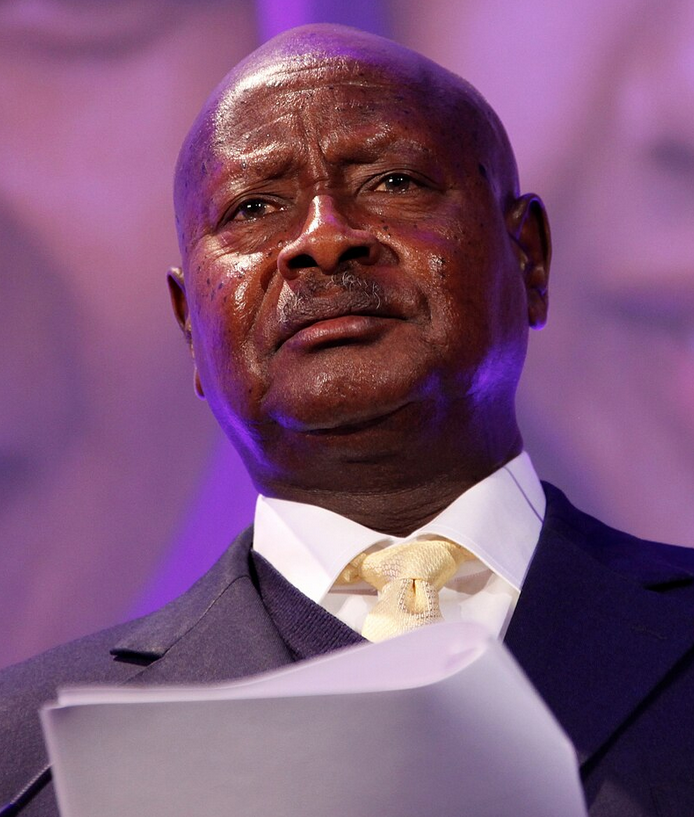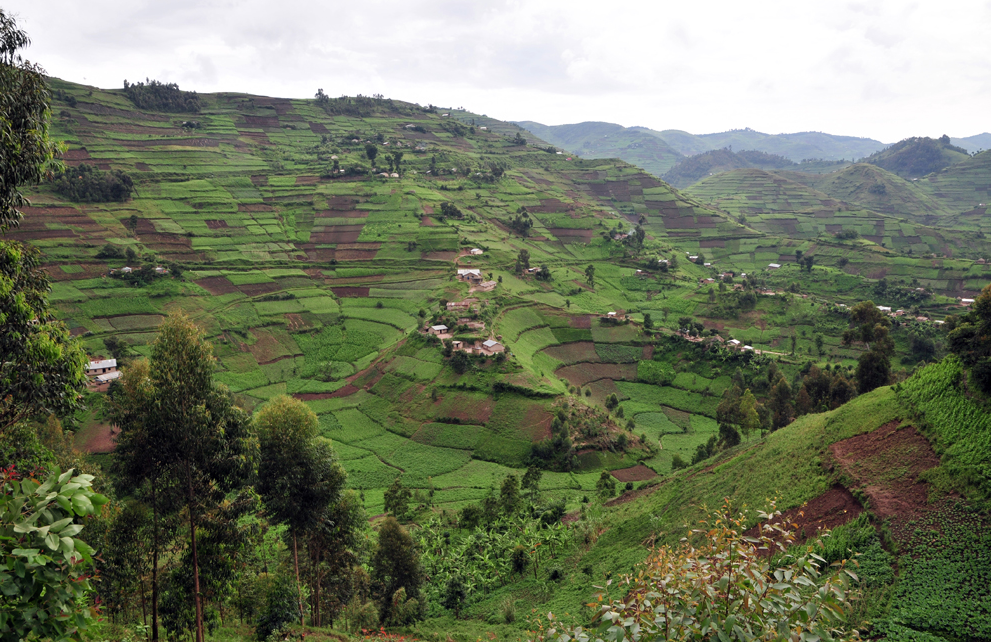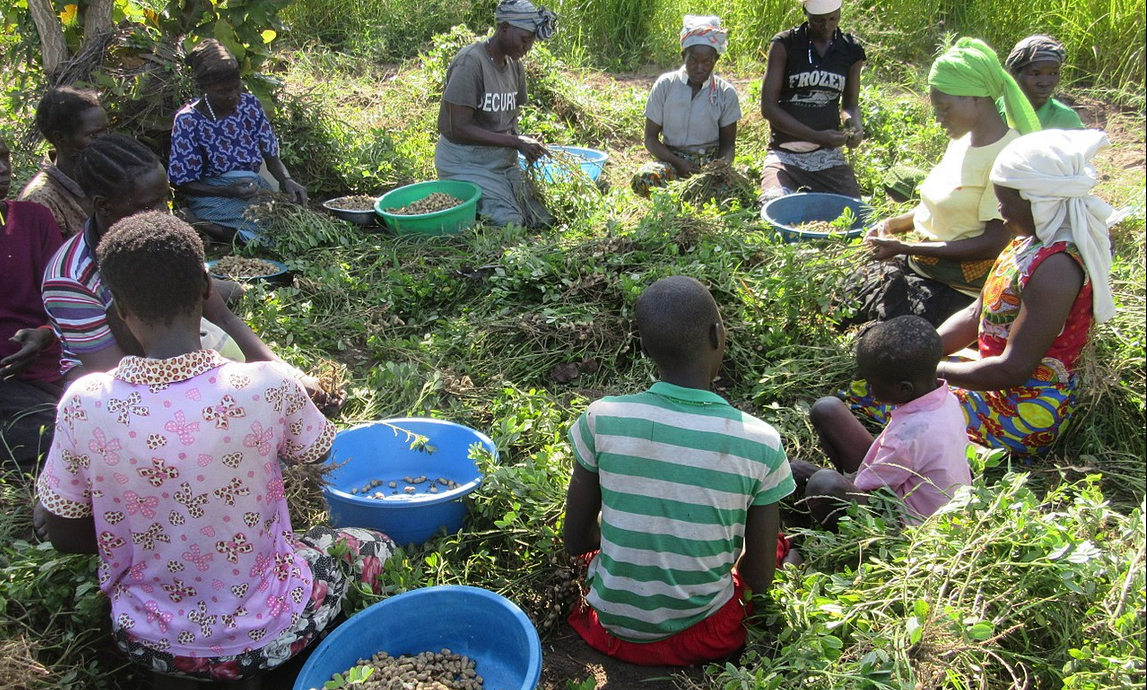By Zacharia Kanyonyozi
Photos: YouTube Screenshots\Wikimedia Commons
It is a fact, Ugandan “experts” on the economy starting to push the envelope a little too far. Any further and they might end up turning that envelope into a letter bomb.

That’s because people are tired of official lies contradicting common realties.
Speaking at the 8th Uganda Economic Growth Forum, organized by the Ministry of Finance, Planning and Economic Development under the theme ‘Seizing Opportunities for Structural Transformation to Increase Productivity and Resilience’, a top National Resistance Movement lackey further compounded these lies.
Henry Musasizi, Minister of State for General Duties at the Ministry of Finance, said that Uganda’s strong economic growth is down to infrastructure development, investment in human capital development, deliberate government programs for agriculture and agro-industrialization such as the Parish Development Model (PDM) and a conducive macroeconomic environment.
Uganda’s economic growth, he says, has over the last 14 years averaged 5 percent, down from 7 percent registered between 2000 and 2010.
I have one question for the Minster: when will this economic growth lead to economic development?
Let me answer him to avoid any more lies.
Economic growth is the quantitative upswing in the volume of goods and services in an economy.
Economic development is the quantitative and qualitative growth in the volume of goods and services. This reflects positive changes in income, savings and investments along with progressive changes in the socio- economic structure of country.
In Uganda, all we have is a quantitative growth in goods and services as luxury goods, bought by the rich, infect the market. These are shipped in from abroad and so they even give flight to the foreign currencies (dollars) used to buy them.

This focus on luxury goods by the ruling elite recalls the so-called “whisky runs” to Stansted Airport in England during Idi Amin’s “Second Republic”.
Back then, Ugandan army transport planes flew thousands of miles to England where they were loaded with crates of expensive Scotch whisky, transistor radios, gold Rolex wristwatches, and other luxury items that were purchased for Amin and his henchmen.
Also, there are so many malls coming up. Kampala has countless malls. In fact, Kampala is a city of malls, hair salons, bars (they call them lounges now), supermarkets, fuel stations and washing bays. These are the services in Kampala. Hot on their heels is pork joints and small-change eateries.
Most of these establishments are breeding a consumer culture were Ugandans spend their measly monies on items which will further make them captive to the rich, who are Dictator Museveni’s stooges.
On my road, an area called Kiggowa, which is between Ntinda and Kiwatule if you are en route to the latter from the former, there are 6 malls!
This is a stretch of about 800 meters, mind.
Most of these malls, which are frequently empty, are there to wash the dirty money of the Museveni Junta.
The large supermarkets in Kampala, the locals say, belong to the Deputy Dictator Muhoozi Kainerugaba. That is why they often have UPDF soldiers guarding them.
Most probably, the soldiers are given strict orders to watch and not touch his precious booze.
There are few capital goods (producer goods) in Uganda because Ugandan factories are few and far between. And even the ones the Museveni junta boasts of are either foreign-owned, owned by the leeching Museveni family or being taxed into the ground by a predatory regime which believes all wealth belongs to Papa Doc Museveni.
In such a situation, how can growth ever imply development?
It is impossible. There must be a nexus between the wealth of the country and the striving for that wealth of the people. This link must imply a quality life.
Yet Kampala, nay, Uganda sits on an economic powder keg that no amount of fanciful figures cooked by the Museveni Junta will stop from going off.







